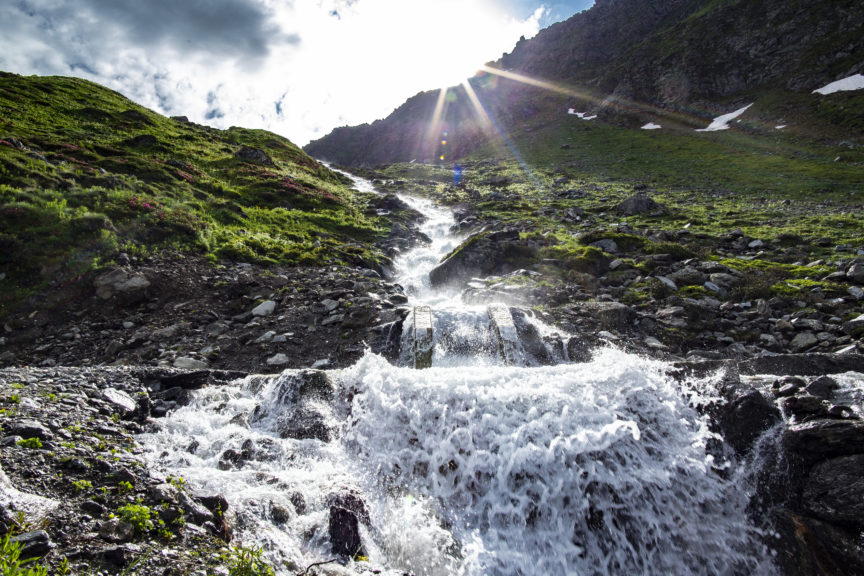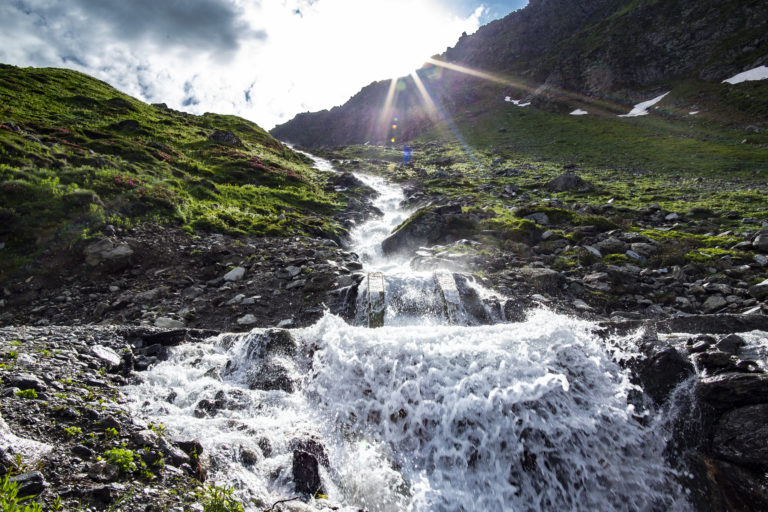Unveiling a new European project at TEDxMartigny 2023
In the framework of the TEDxMartigny Conference, the EPFL+ECAL LAB, in collaboration with its different partners, will present for the first time the European project MountResilience that will lead to the creation of a demonstrator on smart mountain water management.
Launched last September, this European project gathers 47 partners across Europe, to develop 6 demonstrators, 4 replicator sites and a large section devoted to research and innovation methods. One of these demonstrators will take shape in Valais, more precisely in Val de Bagnes.
The concept proposed by the EPFL+ECAL and its partners is based on the observation that global warming is accelerating whereas the ability to make far-sighted decisions often takes much longer. One of the reasons is the complexity of the systems to be understood. Water is the perfect example, with its different origins, its many uses and its multiple parameters. The mission of the various actors is therefore to collect all the available data and complement them in order to create a more precise image of the situation in the mountains, then transforming this into an interactive digital system which offers everyone better access to the related knowledge and data. This objective requires a new transdisciplinary approach, bringing together science, technology, human perception, social dynamics and interaction design.
Speaker during this event, Nicolas Henchoz, Director of the EPFL+ECAL Lab and Coordinator of the Demonstrator in Valais, will share insights on the topic.
Co-funded by the European Union under contract number 101112876. Views and opinions expressed are however those of the author(s) only and do not necessarily reflect those of the European Union or CINEA. Neither the European Union nor CINEA can be held responsible for them.
This work has received funding from the Swiss State Secretariat for Education, Research and Innovation (SERI).



